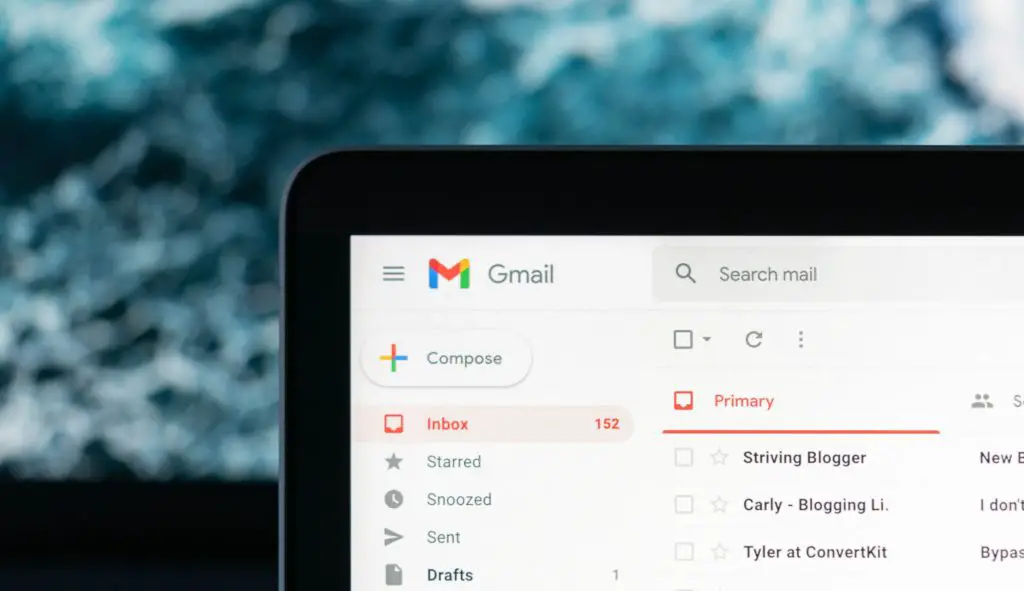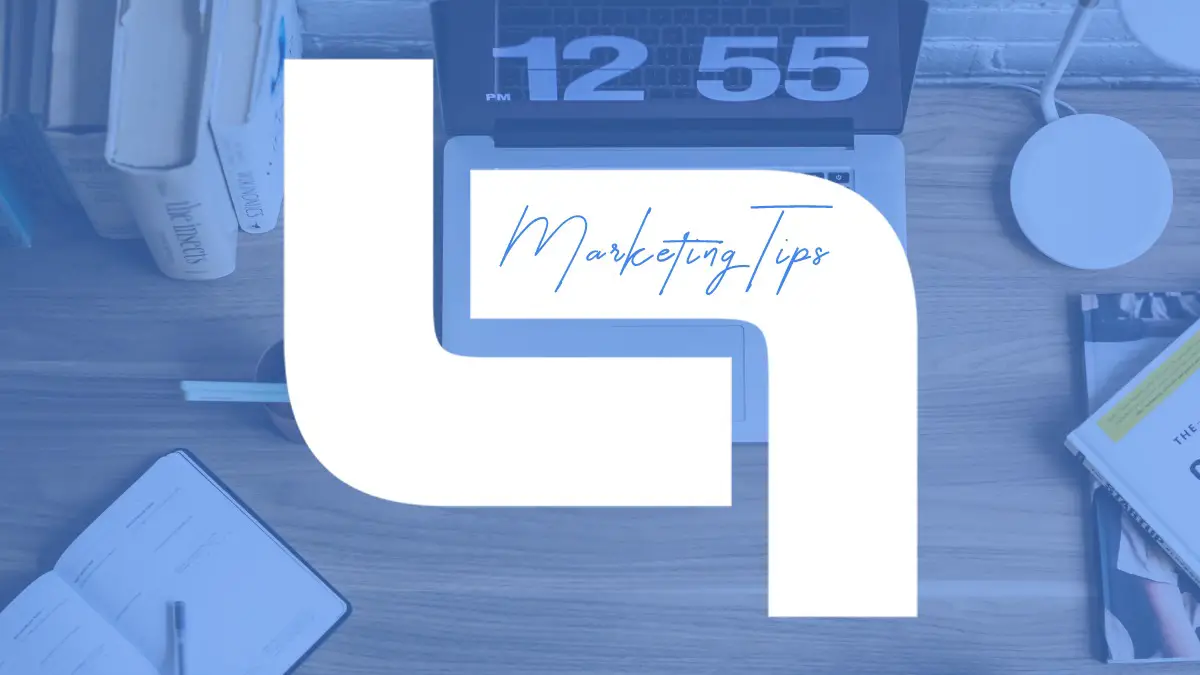New to freelancing? Not sure how to market your skills and gain new clients? Walking away from the comfort of a steady income stream and job security to start a freelance career can be a daunting process. One of the many hats you will need to wear is your marketing hat because if you don’t, your freelance career will be over before you’ve really begun.
In most cases, freelancers start their independent careers as a side hustle while they build up a client list. The push to go freelance full time usually comes when generating more work and money to be able to sustain it as a career. But that isn’t always the case, so it becomes even more imperative to market your skills successfully and attract new, ongoing business.
Top 5 tips to marketing your freelance skills
We’ve put together 5 top marketing tips for every freelancer starting out on their journey (and for the experienced freelancer that needs a little reminder!). Can you find simple, cost-effective online marketing strategies to boost your business in 2022? So, let’s get started.
1. Optimize your website
Your website is not just about your online shop window. It’s where your potential clients can find out everything about you, your skills, and your services. With the variety of web-building platforms available today, such as Wix, Ionos, and Squarespace, building your website shouldn’t break the bank. Your website architecture needs to be optimized to ensure it is not only ranked by search engines, like Google but performs on every type of device, including mobiles.
A website reads well with short, concise paragraphs and bullet points to highlight your services, is well laid out, guides the visitor and is navigable, and has a clear call to action on every page. In addition, the website must also be without any broken links and be fully SEO optimized with the most prominent keywords, as well as meta titles and descriptions. If it seems like an endless list of things to do, don’t worry; most DIY website platforms will guide you every step of the way. Make sure the contact page is easy to find and use, and avoid adding too many fields to fill in – keep it simple.
Engage with your potential clients by offering useful information that adds value for them, such as downloadable content, sign up to receive regular newsletters, listen to your latest podcast or a testimonial interview – testimonials are as good as, if not better, than word of mouth recommendations – and start a blog (more about this later).
Create an online professional portfolio of your previous projects (don’t forget to keep it updated) that shows off your best work. Present your portfolio in an engaging, clear way. Add testimonials from your clients or even case studies that showcase a particular project.
2. Maximize your social media and online channels
As important as your website is, so are your social media channels. On average, people spend around two-and-a-half hours a day on social media – that’s another captive audience. Start discussions, share useful content that is relevant to freelancing, your skills, and your services, connect with like-minded people, build your network and develop ongoing relationships. Social media and other online channels, like directories, are a great way to increase brand awareness and spread the word.
But a word of warning; don’t spread yourself too thin by being present on lots of different social media platforms. Get clever about it and choose the ones that are frequented by your target audience. For example, LinkedIn is a B2B platform and an ideal place to connect with other freelancers and business people. Instagram is great if you are looking to visualize your services and promote ‘stories.’ There are also business and industry specific social media platforms, like a number that exist in the real estate auctions space over in the UK.
3. Get blogging

Every time you blog, you are adding credibility and visibility to your freelance business. But it’s not about any old content; your blog needs to create value for your readers. Create a conversation with your audience to inform, educate and engage with them by offering top tips, valuable advice, useful information, and answers to their questions.
Don’t forget your SEO strategy either – your blogs should incorporate relevant keywords so that when publishing your blog on your website (every time you put a blog post on your website, it creates a new page), share on social media and even use it in email marketing, it is all linked together. This makes it easier for search engines to find your blog page and rank it, and that means appearing on the first page of search results.
One other key thing to add to blogs is an effective call-to-action (CTA); it’s great to tell your readers what you can do and the services you provide, but you need to tell them where to go to find out more information, book an appointment or schedule a call with you, and hopefully hire you.
4. Use email marketing to pitch your services

99% of email users worldwide check their email inbox several times a day, which gives you a captive audience. Email marketing is one of the best ways to get your skills and services in front of your target clients. However, we’re not talking about those endless emails that land in our inboxes that bear absolutely no relevance to our business or interests – that’s a big no, no. You want to create emails that your subscribers want to receive even look forward to receiving and reading on a regular basis.
For example, use a monthly email newsletter that is full of useful tips, the latest news, and valuable advice for other freelancers (they’re also your subscribers), business owners, marketers, and organizations.
Make sure your email is not too long
If it takes longer than five minutes to skim through and read, you’ll lose the attention of your audience very quickly. Write your email as though you are having a conversation with your reader face-to-face and avoid business jargon where possible. You could offer a solution to an ongoing problem they may have; share some tips and advice; you can share an inspiring story or share a case study and the client’s testimonial.
Personalize emails
A major trend in email marketing is personalization. Your reader wants to feel that you are talking to them personally. So, use segmentation in your email list and group subscribers into common interests, geographical areas, or age to help you keep it personal. Another great tactic to successful email marketing is A/B testing.
Write two versions of your email with different headings or CTAs and send one version to an A list of ten subscribers and the other version to a B list of ten subscribers. See which one is the most successful, and this will give you a good idea of which one to use for the rest of your email list.
5. Build your local network

Most freelancers will find that the majority of their work comes from local companies and organizations. There is nothing better than personal, trusted referrals from your business and freelance network. Your network can help spread the word about your freelance services, whether they need your skills themselves or not.
This doesn’t have to be just fellow freelancers, businesses, or organizations; your family, friends, and old colleagues are also part of your network. Always keep an open mind because sometimes, clients can come from the most unusual, unexpected places.
You might find a freelancer in your network that offers different services to you, but your target audience is the same. Consider joining forces and working together in a partnership to attract a wider group of people. Most places have a local networking community, but you can also join a professional freelance organization or one that is relevant to your industry. Also, think about going to seminars, exhibitions, or possibly conferences, as well as social media groups, which offer great opportunities to connect with other freelancers.
But remember that networking isn’t just about sharing your skills and services; it’s also about supporting your fellow networkers. Aim to make an impression but also be ready to spread the word about another freelancer or business in your community. We help ourselves by helping others.
How to network properly
It is important to remember that any marketing activity you do must be consistent. There’s no point blitzing social media and publishing lots of blogs for just a few weeks or months. It is a long-term process, and the more consistent you are with your social media posts, blogs, emails, and other strategies, the more likely you are to benefit, gaining new clients that come back to you again and again.
Indy provides great freelance templates that are fully customizable to your requirements, and in a variety of formats, including Excel, Word, Google Sheets, and as a standard PDF template. Indy is an all-in-one freelancing platform for independent workers, helping them manage the many hats that they have to wear every day. As well as their freelance writing invoice templates, Indy also provides freelancers with proposal and contract templates, providing an easy-to-use, mobile-friendly platform that you can access and manage your business effectively and professionally anywhere, at any time.



